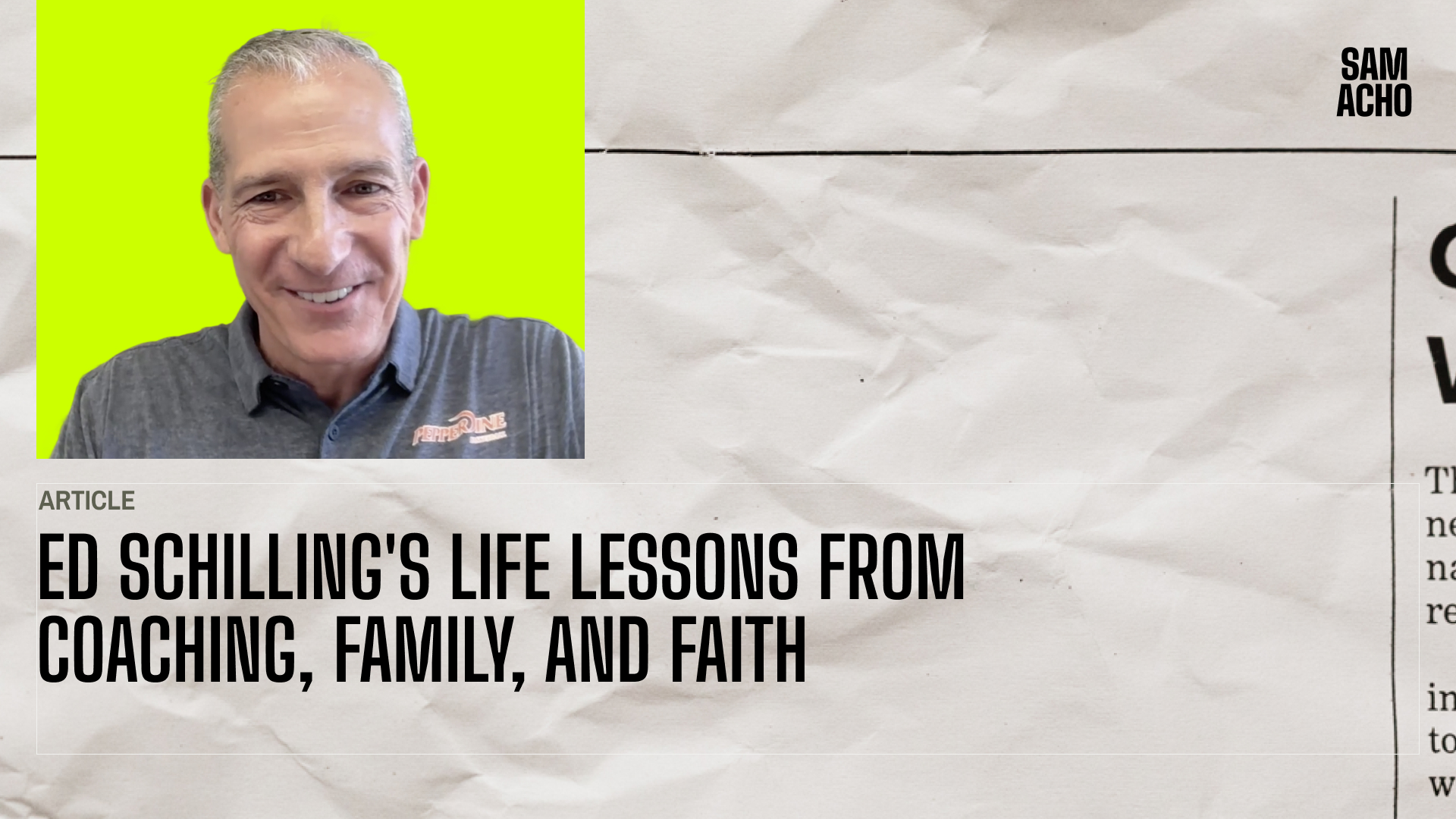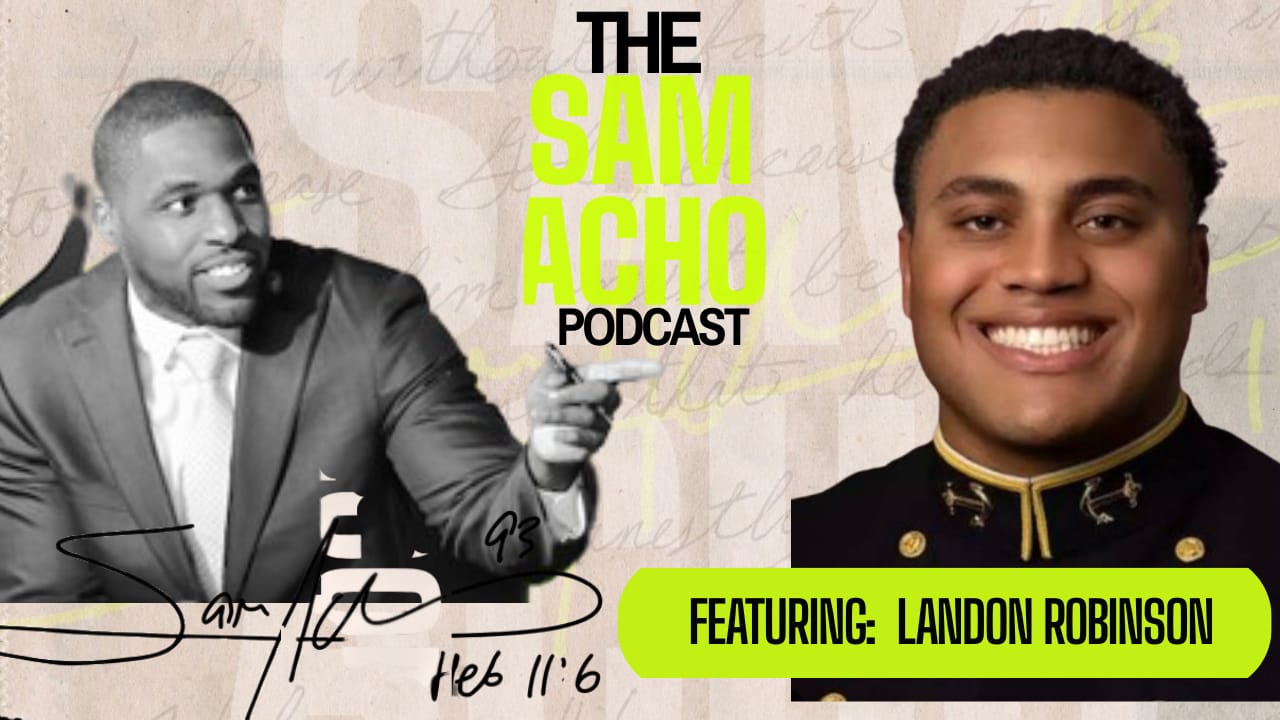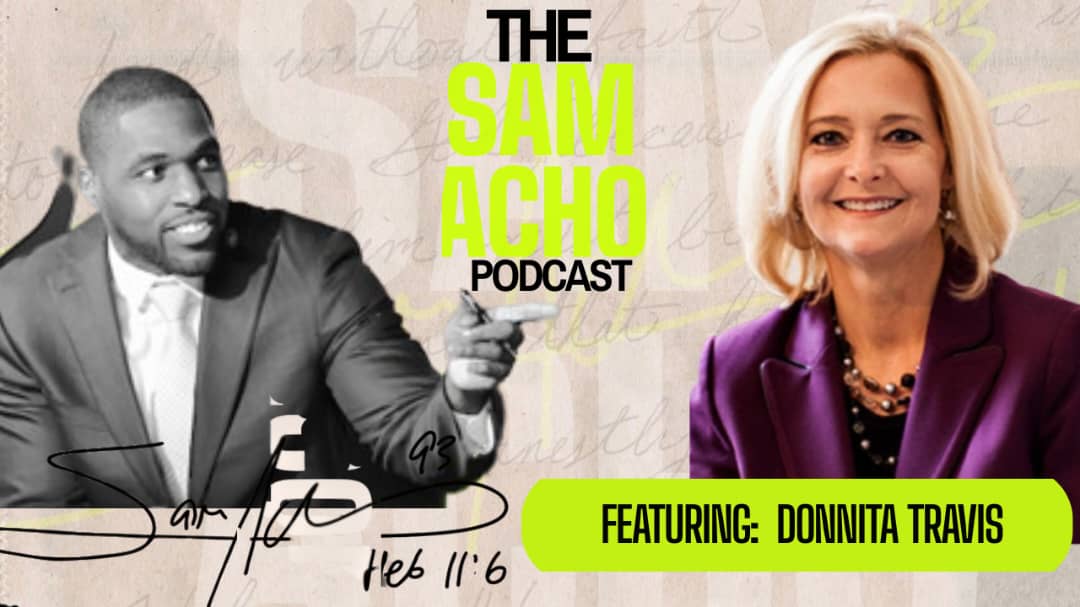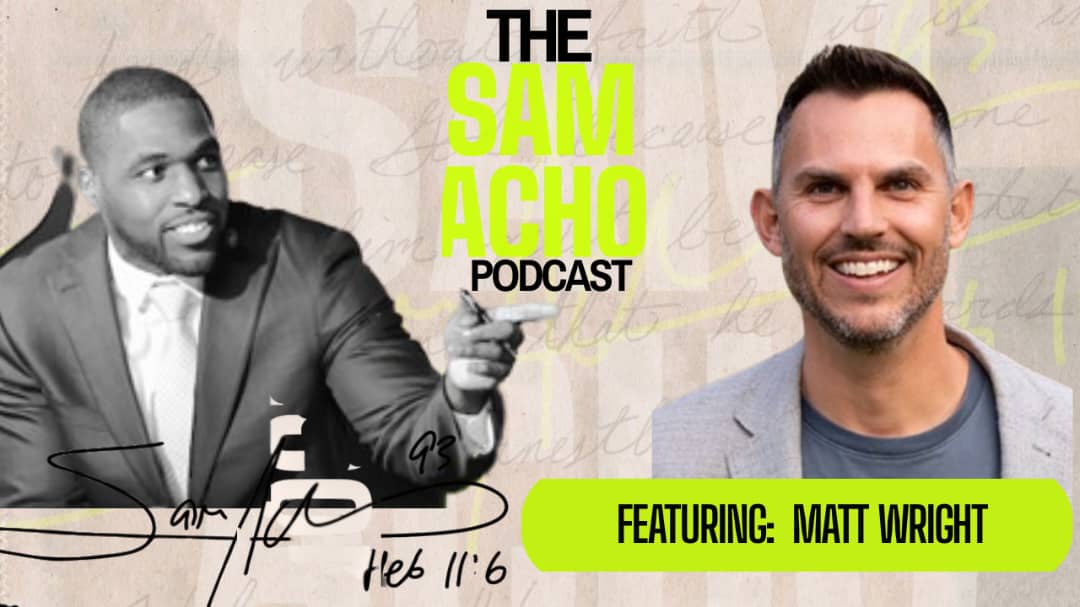Ed Schilling's Life Lessons from Coaching, Family, and Faith

Leave them wanting more—building a culture of presence
Schilling’s story starts with the kind of coach that leaves a mark beyond box scores. “You left every practice wanting to practice more.” That was the way Coach Jim Rosenstiel led—practice would end, you’d get called for a shower, but inside, you just wanted another round, another rep. By giving confidence and being a “player’s coach,” Rosenstiel taught Schilling that leadership comes through daily presence, small encouragements, and the belief that athletes have more inside to give.
As a head coach, Schilling puts this lesson into real motion. At Pepperdine, his players gather up for announcements, and prayer begins every single practice. “We have all the slogans on the walls, but it’s what we give every day—what we bring to practice, what we send in a late-night text after a tough game.” Chapel before games is non-negotiable. Even if the chaplain can’t make it, Schilling leads. He doesn’t chase ladders or chase attention: “I’m just trying to make these players and this program the best it can be, but also trying to make a difference in these guys eternally.”
His approach is summed up simply: “Coach them in a way that we can be demanding without being demeaning.” This balance lets athletes see standards without ever doubting their value. The mark of Schilling’s leadership isn’t just seen when things are rolling, but when practice is over and people still feel called to stick around.
Gaining more in loss—presence in unexpected places
Sometimes careers turn sharp without warning. Schilling is blunt: “You get fired if you coach long enough.” But his firing from Indiana opened a window he didn’t know he’d need. “I was able to see my dad every single week for the next year… When it was the last year of his life.” Paid for a year but called to be an only son, a caregiver, and a companion as his dad battled cancer, Schilling walked right into the purpose hidden in disappointment.
“If I was drawing it up, I wouldn’t have drawn it up that way. But that’s how the Lord drew it up.” Verses like Romans 8:28 moved from abstract to anchor: “God’s going to work all things for good.” Family time turned into daily rides, hospital visits, and finally being there for his mom and dad at a moment when nothing mattered more. “God was so gracious and merciful by letting me get fired so that I could be there during that… I cherish that year more than anything.”
The story didn’t end there. New job, new campus, new roster. Each twist held the same lesson: go first, lean into what comes next, carry the hard chapters openly so others know how to keep going when “the plan” falls apart.
Family in the gym—and the daily grind
Schilling’s boundaries between family and work are thin by design. “My kids can come be in my office. My youngest daughter loves sitting on the couch, putting her feet up and hanging out… They’re always welcome at practice. They can run around on the court.” His wife, April, drops them by, and recruiting visits turn into family missions, with his ten-year-old daughter making cards for new players.
Home isn’t separate—his family is in the room, on the floor, and part of the prayers at night (“We might pray for a game, or a player, or something happening at school”). After losses, his daughters see how he responds. “I want them to see that no matter if good things or bad things happen, they know Dad’s still going to be Dad. Sometimes you win, sometimes you learn.”
Daily health and faith go hand in hand. “I’m up at 5:15, get my push-ups or pull-ups in, get my hour in the word, then I walk the dog—up a hill on campus. Then, a 30-minute workout. All of that, and it’s still not 9:30.” He repeats, “Either spend some time each day, or you’ll spend it later in the doctor’s office.” Fitness and scripture aren’t tasks—they’re an offering to family, players, and self. “I want to have energy for my kids, my wife, my players.”
Brotherhood, gratitude, and real mentorship
Change is fast in today’s game—thanks to NIL, transfer portals, and new recruiting pressures. Instead of complaints, Schilling reframes it: “Now I get to impact more people in a four-year period, instead of just one group.” The opportunity multiplies. Every year is a new team to serve, a new set of lives to impact.
Gifts are given forward, not kept. A devotional—“Experiencing God Day by Day”—gets passed between coaches and players, its pages marked with years of struggle and joy. After losing a job, the book “God Meant It For Good” ministered to Schilling; he sends out dozens of copies now when someone’s in need.
Mentorship is story-driven. When Schilling worked out high-schooler Kobe Bryant before the draft, it wasn’t talent that stood out: “He wants to be coached and he wants to work… And he showed gratitude.” Consistency, work, humility, and thanks—these are the traits Schilling plants in every huddle.
The final layer is loyalty. “If you’re one of Cal’s guys, you’re always his guy. He’ll find a spot for you. Loyalty is just part of who he is.” That’s the promise Schilling honors for his own athletes and staff.
If you’re reading this, here’s your next step: pull someone closer into what you’re building, pray before practice, journal a little truth, or get up early just to reflect. The real legacy starts with who’s left in the gym at the end of the day—and who gets invited back tomorrow.
Listen, Learn, explore
Join Sam’s Journey Today.
Stay up to date with what sam acho is getting up to, his thoughts, new projects, and words of wisdom.






.png)
